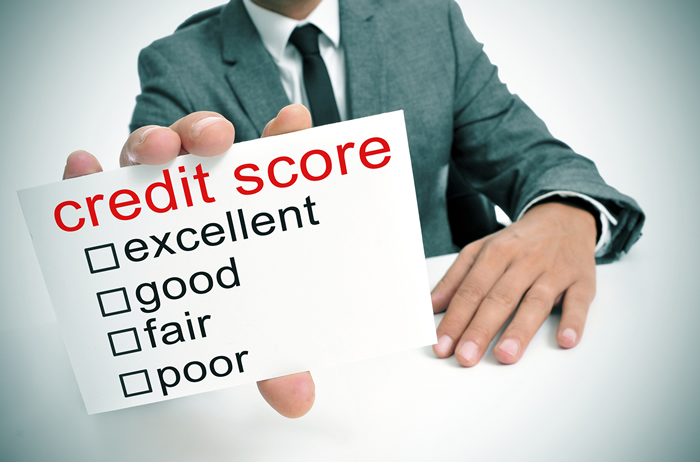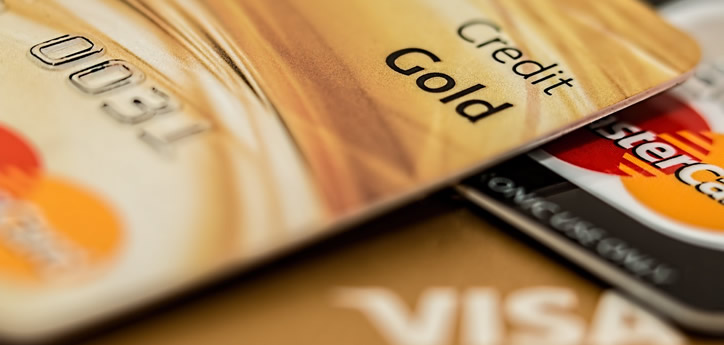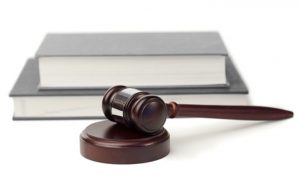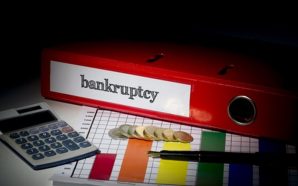Your credit score is always used by lenders to help to determine whether or not any applications you make for personal loans, credit cards, mortgages or any other form of borrowing, will be approved. But how do you find out what it is? We break down how to check credit scores here.
The better your credit score, the lower the risk you’ll be considered by the lenders, and the more likely they’ll be to accept any applications for credit. On the other hand, if you have a low credit score, your application for credit is more likely to be rejected.
It is a brilliant idea then, before you apply for any form of credit, to check your credit score. If you do not, and you’re not allowed to borrow – which then prompts you to make many other applications – this can have a more negative effect on your score. This is because many applications can indicate that you’re having money issues, or that you’ve been a victim of fraud.
What’s a Credit Report?
The role of credit bureaus is to store and maintain crucial information about your borrowing and also your repayment habits in a detailed file – your credit report. The report can contain information like personal identification, public records with an impact on your credit, your credit history, and the list of parties you’ve authorized to access this information.
The main purpose of this report is to establish an objective and standardized credit rating for you. Your credit report informs your potential lenders how responsible you have been with credit previously. Any lender can legally request this document to assess how risky it is to lend to you and you can be sure they will check credit scores meticulously before they approve you.
What’s a Credit Rating?
A credit rating refers to the measure of how dependable you are in repaying your debts. Many credit-reporting agencies will offer you a rating on a scale of one to nine; others will assign letters corresponding to the form of credit you are using. For instance, a rating of “1” means you pay your bills within thirty days of the due date, while a rating of “9” could mean that you never pay your bills at all.
Also, an “R” rating is included in your credit score. This rating is assigned by the lenders depending on your history of borrowing and paying off any debts, and it can range between 1 and 9. An R1 rating is the best, meaning you always pay your debts on time, within thirty days, and an R9 is the worst.
Your credit rating isn’t established by financial institutions or by the government –it’s established by you. If you do not repay a loan or fail to pay your bills on time, you may be reported to the credit bureau.
Credit can be one of your most valuable private assets. When not managed properly, it can affect your ability to borrow in future. Remember, lenders check the credit scores of each and every borrower.
What’s a Credit Score?

Source: mainstreet.com
A credit score is a numeric figure which represents your credit risk at a specific point in time. The credit-reporting agencies, TransUnion and Equifax, use a scale that ranges from 300 to 900. The higher your score, the lower the risk for the lender, so it is easier to secure a new loan.
Factors which influence your credit score include:
- The amount of credit you owe – too little or too much credit owed can negatively affect your score.
- Payment history – the most essential, makes up 35 percent of your credit score.
- The length of the credit history – the score tends to get better with time.
- New credit – your overall credit score will change each time you apply for and secure new credit.
- Forms of credit used – the more diverse the credit, the better the score; you can have revolving installment credit (car loan), credit (line of credit or the credit card), or mortgage.
What Can Lenders See?
Your credit history lists all details of your current and past credit accounts. Also, it documents every time you or the lender applies for your credit report and the situations where your accounts have been handed over to a collection agency. Financial issues which are part of public record, like judgments, bankruptcies, liens, and the foreclosures, are included, as well.
Your credit score is a number which represents your creditworthiness. Scores can also be referred to as credit ratings.
How Do I Determine My Credit Rating?
Contact one of credit bureaus in the US to get a copy of your credit report by mail, free of charge. Also, for a fee, you can check credit scores online as well.
How Do I Establish a Good Credit Rating?
The best way to establish a good credit score is to pay your bills on time. If you do not have a credit card, apply for one, and always use it responsibly. If you make your minimum payments, you can establish a good credit history. This will have a positive effect on your ability to borrow in future.
Featured Image Source: pixabay.com








